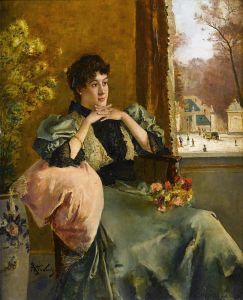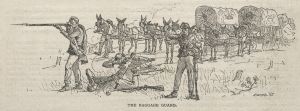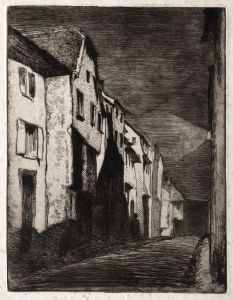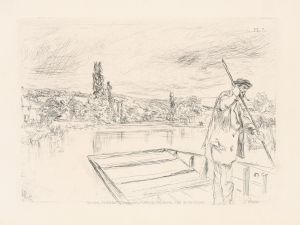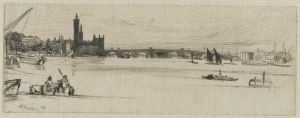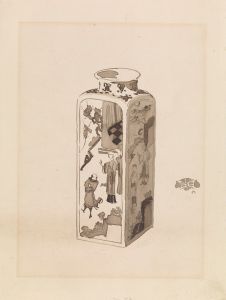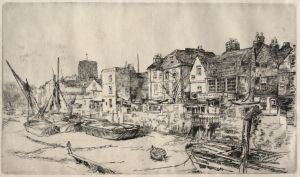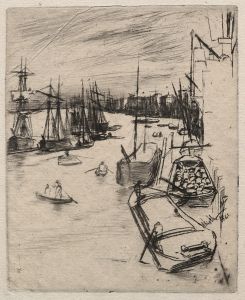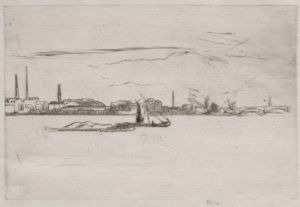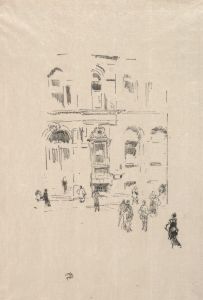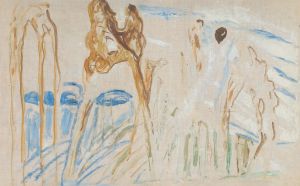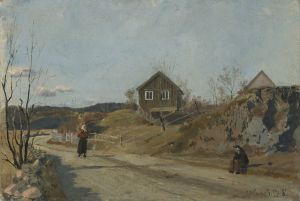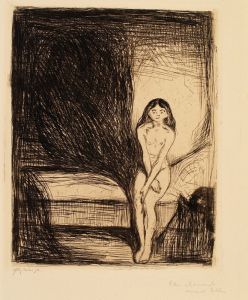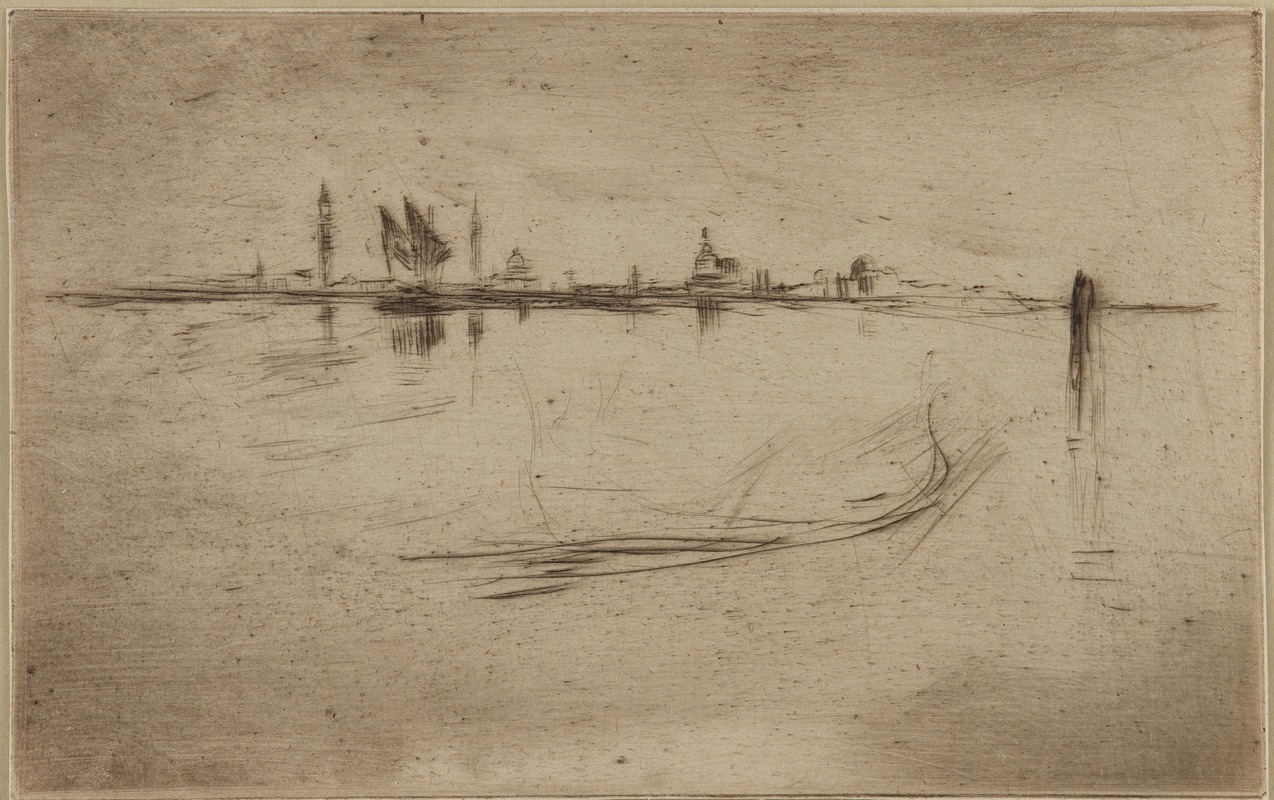
Islands; Evening
A hand-painted replica of James Abbott McNeill Whistler’s masterpiece Islands; Evening, meticulously crafted by professional artists to capture the true essence of the original. Each piece is created with museum-quality canvas and rare mineral pigments, carefully painted by experienced artists with delicate brushstrokes and rich, layered colors to perfectly recreate the texture of the original artwork. Unlike machine-printed reproductions, this hand-painted version brings the painting to life, infused with the artist’s emotions and skill in every stroke. Whether for personal collection or home decoration, it instantly elevates the artistic atmosphere of any space.
"Islands; Evening" is a painting by the American artist James Abbott McNeill Whistler, known for his contributions to the Aesthetic Movement and his innovative approach to art. Whistler, born in 1834, was a pivotal figure in the 19th-century art world, known for his distinctive style that often emphasized mood and atmosphere over detailed representation. His work frequently explored the interplay of color and light, often drawing inspiration from the natural world and urban landscapes.
Whistler's "Islands; Evening" is part of his series of works that capture the subtle nuances of twilight and evening light. This painting reflects Whistler's fascination with the transient effects of light and his ability to convey mood through color and composition. His approach often involved a limited palette and a focus on tonal harmony, which is evident in this work.
The painting is characterized by its subdued color scheme and delicate brushwork, which Whistler used to evoke the quiet and contemplative atmosphere of an evening scene. The composition likely features a landscape or seascape, as Whistler often drew inspiration from such settings, capturing the serene and ephemeral qualities of nature. His technique often involved thin layers of paint, creating a sense of depth and luminosity that enhances the atmospheric effect.
Whistler's work was heavily influenced by Japanese art, particularly the use of space and simplicity, which can be seen in the composition of "Islands; Evening." This influence is part of what made his work stand out during his time, as he moved away from the detailed realism that was popular in the 19th century, instead opting for a more abstract and evocative style.
Throughout his career, Whistler faced both criticism and acclaim. His work was sometimes controversial due to its departure from traditional artistic norms, but he was also celebrated for his innovative approach and his ability to capture the essence of a scene with minimal detail. "Islands; Evening" exemplifies his mastery of mood and his skill in using color and form to create a sense of tranquility and introspection.
Whistler's contributions to art extend beyond his paintings; he was also known for his writings on art and his influence on the development of modern art movements. His emphasis on the aesthetic experience and the importance of the viewer's emotional response to art were significant in shaping the direction of art in the late 19th and early 20th centuries.
"Islands; Evening" remains an important example of Whistler's work, showcasing his ability to blend technique and emotion to create a powerful visual experience. His legacy continues to influence artists and is celebrated in museums and collections worldwide.





